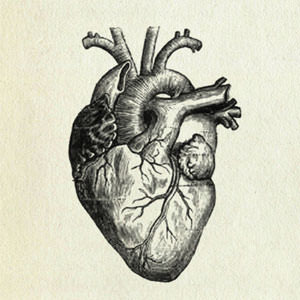Scientists Find the ‘Holy Grail of Heart Research’
Researchers in the U.K. have found a way to make the hearts of mice repair themselves -- a feat that the British Heart Foundation calls the "holy grail" (when applied to humans, we're guessing). (more)
Researchers in the U.K. have found a way to make the hearts of mice repair themselves — a feat that the British Heart Foundation calls the “holy grail” (when applied to humans, we’re guessing).
A drug that makes for self-repairing hearts has obvious value, but would probably be less effective in humans and is 10 years away, according to those in the know.
Such a drug would have to be taken in advance of heart failure in order to be effective. A description of how it works is excerpted below. — PZS
Your support matters…BBC:
In adults epicardium-derived progenitor cells line the heart, but have become dormant.
Scientists used a chemical, thymosin beta 4, to “wake them up”.
Professor Paul Riley, from the University College London, said: “The adult epicardial cells which line the muscle of the heart can be activated, move inward and give rise to new heart muscle.”
Independent journalism is under threat and overshadowed by heavily funded mainstream media.
You can help level the playing field. Become a member.
Your tax-deductible contribution keeps us digging beneath the headlines to give you thought-provoking, investigative reporting and analysis that unearths what's really happening- without compromise.
Give today to support our courageous, independent journalists.





You need to be a supporter to comment.
There are currently no responses to this article.
Be the first to respond.